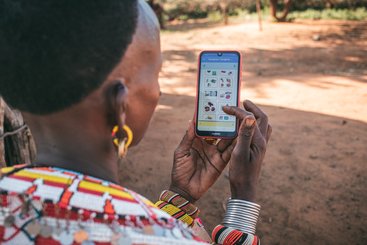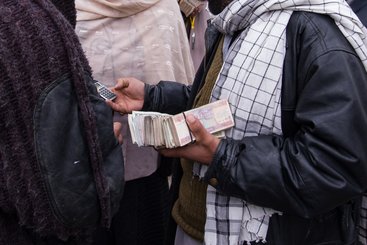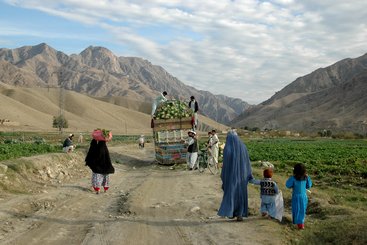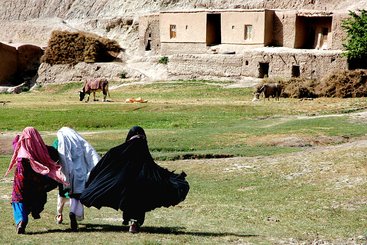Using examples from Afghanistan, this research outlines 10 traps that practitioners and donors working in fragile and conflict-affected regions must avoid if aid is to engage effectively with context.
Following the overthrow of the first Taliban regime in Afghanistan in 2001, international donors made investments amounting to billions of dollars over the next 20 years in an almost unparalleled effort to transform the country. Studies of the impacts of these investments have broadly concluded that the results were very disappointing. Despite gains in health and education outcomes, little was achieved in terms of reducing levels of poverty and food insecurity.
This report explains 10 traps that practitioners and donors must avoid if aid is to engage thoughtfully with its context. Some pitfalls are more foundational in that they relate to the basic design of policies and strategies, while others relate more to programme implementation and monitoring. But they are all inter-linked and mutually reinforcing. We draw on examples from Afghanistan because the traps – and the implications of falling into them – could so easily be identified there.
However, these same failings have been identified in the aid system globally, even beyond the fragile and conflict-affected places that are the particular concern of this research. This report will help you to understand the traps and learn how to avoid them, wherever you are working.
This research is accompanied by five briefing notes written to help decision makers integrate a better understanding of Afghanistan into their work. These policy briefs covered village-level governance structures, informal credit, rural differentiation, engaging in markets and post-harvest storage and processing.
The report and policy briefs were produced as part of the research programme Supporting Pastoralism and Agriculture in Recurrent and Protracted Crises (SPARC).







